The Office of the Prime Minister’s Chief Science Advisor has released two final reports in the Food Loss and Waste (FLW) series.
An astonishing 40% of food produced globally is wasted each year. In this report, why this is the case and what can be done about it in Aotearoa, has been explored.
Guided by more than 500 experts and stakeholders across the motu, the Prime Minister’s Chief Science Advisor, Dame Juliet Gerrard, has made 26 recommendations to the government through the final report.
The report recommended setting a target of halving food loss and waste by 2030.
The key message in the recommendations is the importance of taking a system-wide view of the issue. Food loss and waste happen at all stages of the food supply chain, from paddock to plate, requiring diverse solutions that drive change within sectors and at a systems level. Consumers have an important role to play, but more needs to be done to understand how decisions across the wider supply chain influence food waste at all stages.
Dame Gerrard, in the report, notes, “We believe avoidable food waste can be prevented and unavoidable food waste can be used sustainably. Throughout this mahi, we have encountered people and businesses doing amazing work to prevent, redistribute, and transform wasted food, driven by innovative business models, a strong social mission, and creative application of existing and cutting edge technologies. With a strategic approach, these efforts can be coordinated and translated into a more sustainable food system with minimal lost and waste food.”
About the reports:
Food loss and waste in Aotearoa New Zealand: Towards a 50% reduction
This report provides a comprehensive summary of the OPMCSA food loss and waste (FLW) series, structured using the food recovery hierarchy. Emphasis is placed on a systems perspective, highlighting two key opportunities: first, the need for a strategic action plan to reduce FLW; and second, the need to improve data collection and monitoring of food, including FLW, throughout its lifetime in the food system – to better inform strategic action. Additionally, this report compiles, updates, and adds to recommendations made throughout the series. Download report.
Preventing food loss and waste in Aotearoa New Zealand: Evidence from across the supply chain.
This report focuses on the prevention of food loss and waste (FLW) at its source, emphasising the need for a systems view of the supply chain. As part of this view, the report highlights how relationships between stakeholders along the supply chain, their relative power, and the various economic incentives they face all impact FLW. In addition to advocating for system changes, sector-specific challenges in preventing FLW at each stage of the supply chain are identified and the evidence base for potential solutions is explored. Combining these perspectives, the report highlights that meaningful prevention of FLW likely requires the coordination of both specific and system-wide actions, supported by a data-rich evidence base. Download report.
